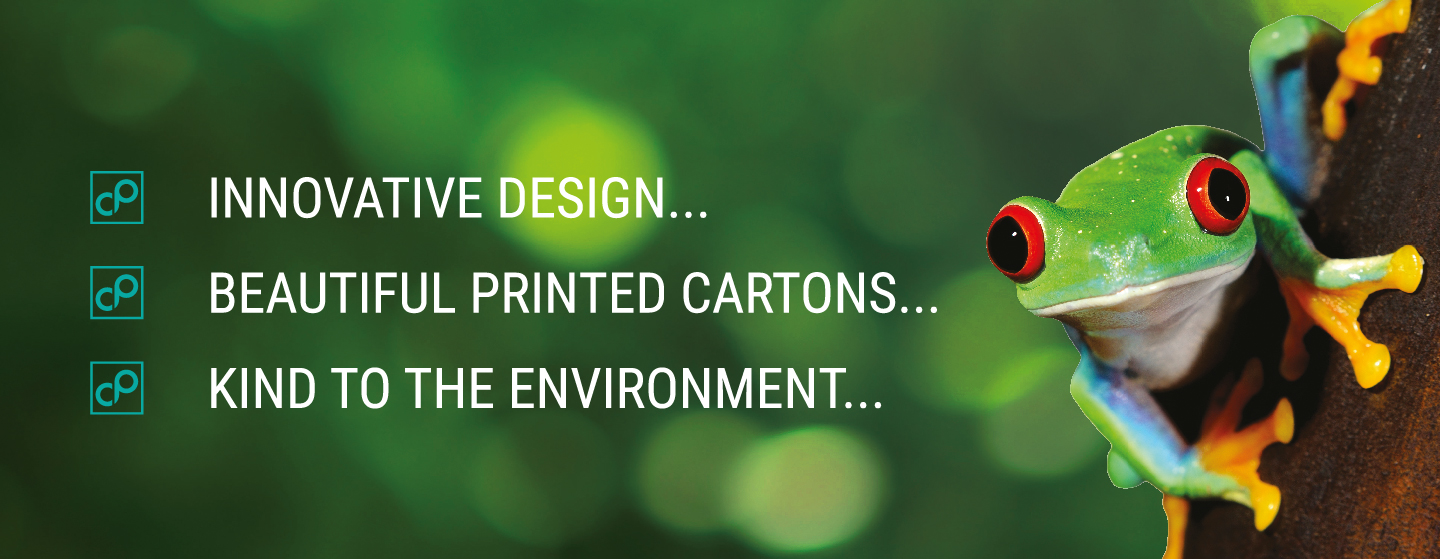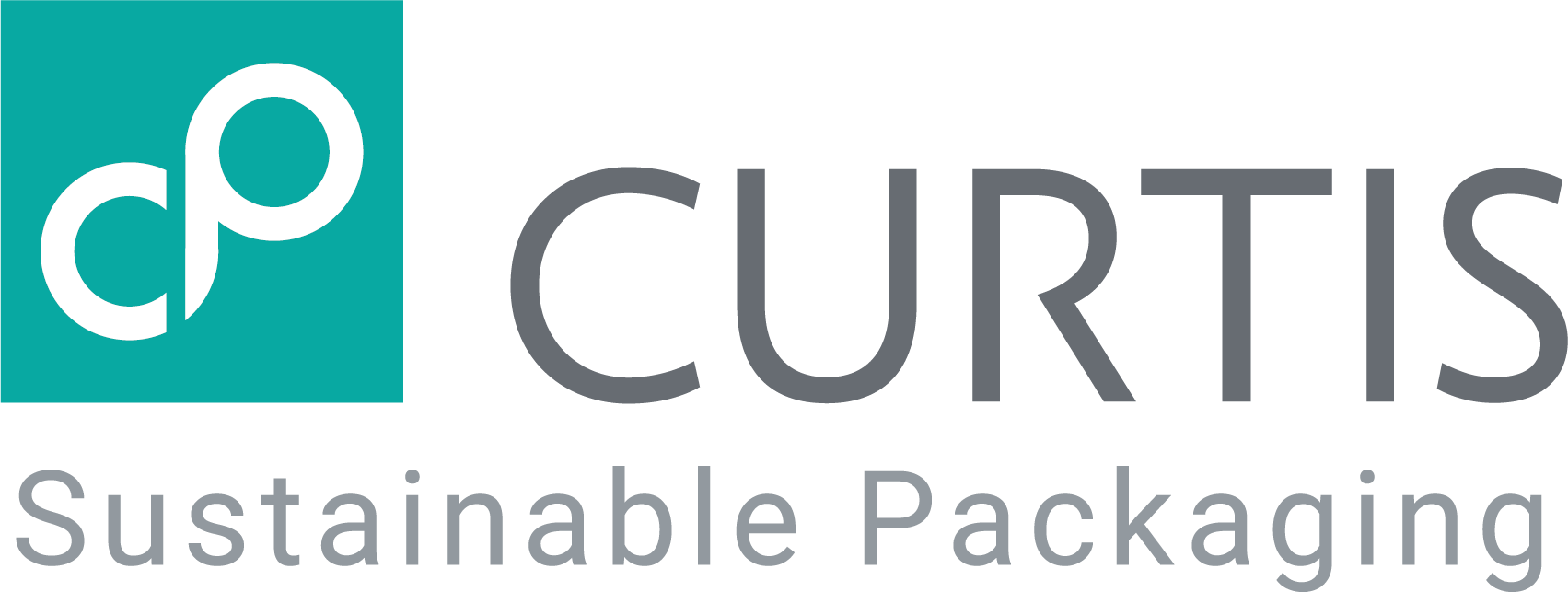

Curtis Packaging

Merstham, Surrey, United Kingdom
April 2023
Printing & recorded media
Manufacturing
United Kingdom
Curtis Packaging is a leading sustainable printed packaging manufacturer, committed to producing eco-friendly, high-quality packaging solutions while minimizing its impact on the environment. Becoming a B Corp is a mark of approval of the way they have always worked. There shouldn’t be any work or manufacturing done that is detrimental to the world we all live in and now it is even more important for like-minded companies to work together to achieve that end. From its inception Curtis has been a pioneer in its commitment to this ethos. Proof of this is endorsed by other credentials like FSC Certification, ISO 14001, BPIF Zero Foil 2 Landfill and being the first company in the UK to achieve World Land Trust certified carbon balanced packaging accreditation. It's not just about being passionate though, it's about commitment to the community and environment. Initiatives like the Curtis Centre of Excellence, which encourages the next generation of packaging designers, and partnering with organizations like Bee1 to promote pollinator health and biodiversity through the planting of wildflowers. Becoming a B Corps is an endorsement of all that Curtis believes in, stands for and demonstrates its commitment to creating a better world for all.
Overall B Impact Score
Governance 8.6
Governance evaluates a company's overall mission, engagement around its social/environmental impact, ethics, and transparency. This section also evaluates the ability of a company to protect their mission and formally consider stakeholders in decision making through their corporate structure (e.g. benefit corporation) or corporate governing documents.
What is this? A company with an Impact Business Model is intentionally designed to create a specific positive outcome for one of its stakeholders - such as workers, community, environment, or customers.
Workers 27.7
Workers evaluates a company’s contributions to its employees’ financial security, health & safety, wellness, career development, and engagement & satisfaction. In addition, this section recognizes business models designed to benefit workers, such as companies that are at least 40% owned by non-executive employees and those that have workforce development programs to support individuals with barriers to employment.
Community 15.3
Community evaluates a company’s engagement with and impact on the communities in which it operates, hires from, and sources from. Topics include diversity, equity & inclusion, economic impact, civic engagement, charitable giving, and supply chain management. In addition, this section recognizes business models that are designed to address specific community-oriented problems, such as poverty alleviation through fair trade sourcing or distribution via microenterprises, producer cooperative models, locally focused economic development, and formal charitable giving commitments.
Environment 36.2
Environment evaluates a company’s overall environmental management practices as well as its impact on the air, climate, water, land, and biodiversity. This includes the direct impact of a company’s operations and, when applicable its supply chain and distribution channels. This section also recognizes companies with environmentally innovative production processes and those that sell products or services that have a positive environmental impact. Some examples might include products and services that create renewable energy, reduce consumption or waste, conserve land or wildlife, provide less toxic alternatives to the market, or educate people about environmental problems.
What is this? A company with an Impact Business Model is intentionally designed to create a specific positive outcome for one of its stakeholders - such as workers, community, environment, or customers.
Customers 3.4
Customers evaluates a company’s stewardship of its customers through the quality of its products and services, ethical marketing, data privacy and security, and feedback channels. In addition, this section recognizes products or services that are designed to address a particular social problem for or through its customers, such as health or educational products, arts & media products, serving underserved customers/clients, and services that improve the social impact of other businesses or organizations.